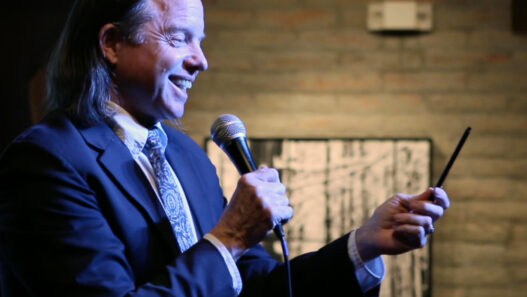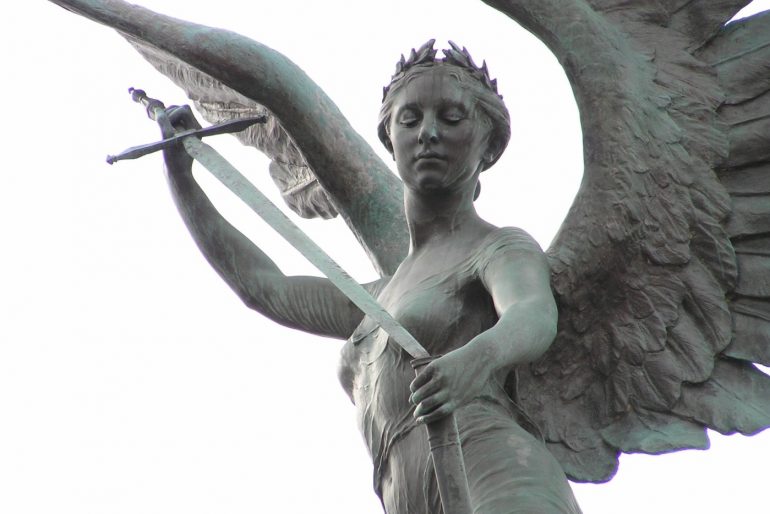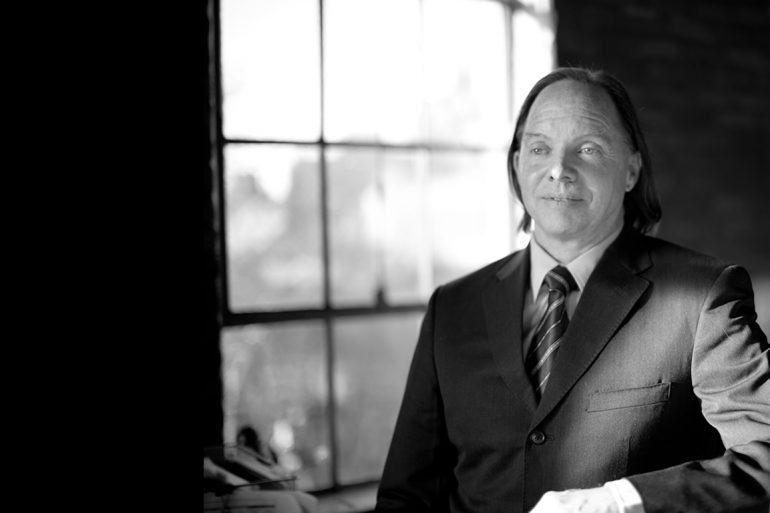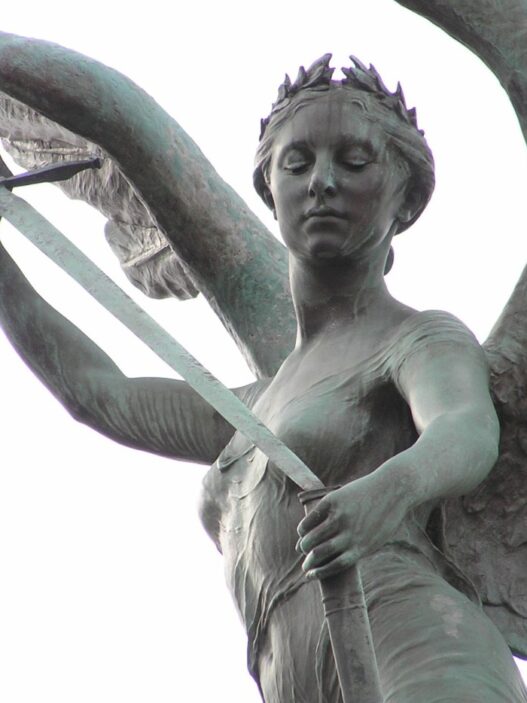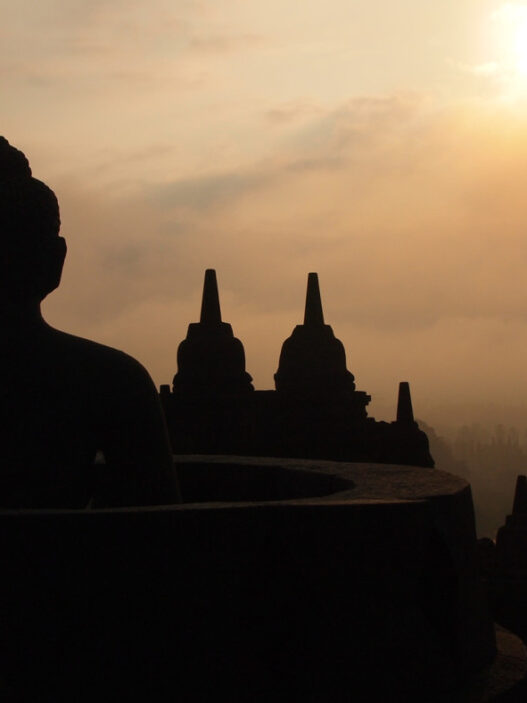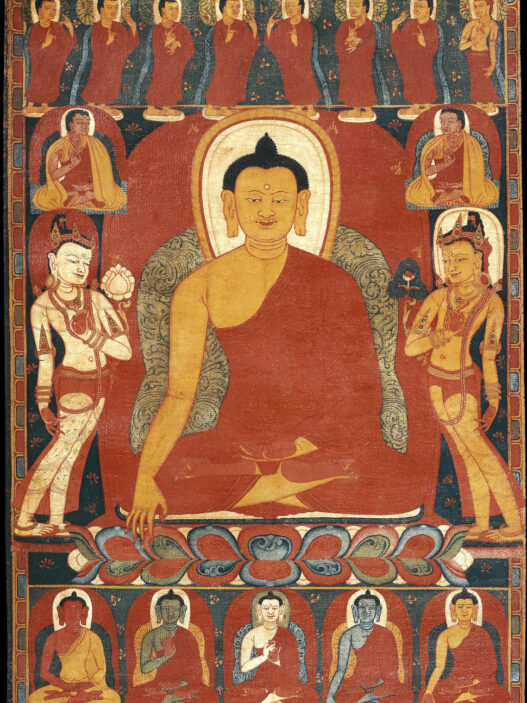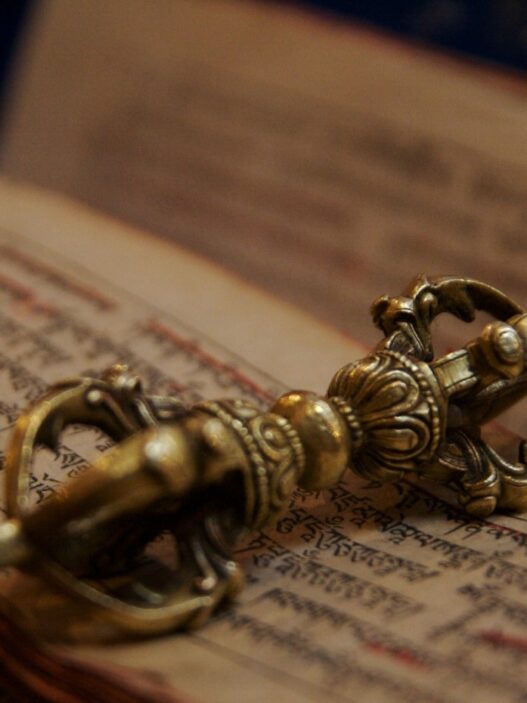What is death? Most of us live our entire lives in fear and with a very limited understanding of this seemingly inevitable endpoint looming somewhere on the horizon. What happens after we die? In this one-night lecture given by Geshe Michael Roach on September 7, 1999 he clarifies what death is from a Buddhist perspective. He explores the core Buddhist ideas of emptiness and karma, and how they are crucial to an understanding of death, and that most important question of what happens to us after we die.
Geshe Michael also touches on the important Buddhist practice called death meditation‒one of the most powerful techniques to radically prioritize your life to assure you are living in the most joyful and meaningful way possible. He also talks about one of the most important lists of powerful karma there is, traditionally called the Bodhisattva Vows, to transform our life and our death.
Audio
Lastly, in this lecture Geshe Michael uses the Heart Sutra to really emphasize how the original intent of Lord Buddha’s teaching and message to the world was much more radical than is often presented, especially in the West. It isn’t merely a method to be calm and have less stress, but is intended to address all our fears and problems at the very root. To eliminate and totally transform all suffering, most important of which are those seemingly unavoidable sufferings of old age, sickness and death itself.
Course Materials
Selections on death meditation from Je Tsongkapa’s Great Book on the Steps of the Path (Lam Rim Chenmo)
Download Selections on death meditation from Je Tsongkapa’s Great Book on the Steps of the Path (Lam Rim Chenmo)
The Heart Sutra
Download The Heart Sutra
Options for Further Study
To deepen your study on the information introduced in this course, we recommend the following courses on The Knowledge Base:

Topics include: the definition and types of bodhichitta, types of morality, types of vows, how bodhisattva vows are taken, an explanation of the eighteen root bodhisattva vows and forty-six secondary bodhisattva vows, the four factors needed to break bodhisattva root vows, how bodhisattva vows are broken, how bodhisattva vows are lost, how to keep your bodhisattva vows, how to restore your bodhisattva vows, and the benefits of keeping bodhisattva vows.
Death Redefined: Living a Meaningful Life

Daily Practice Series Course 05: Meditation on Death and the End of Death










